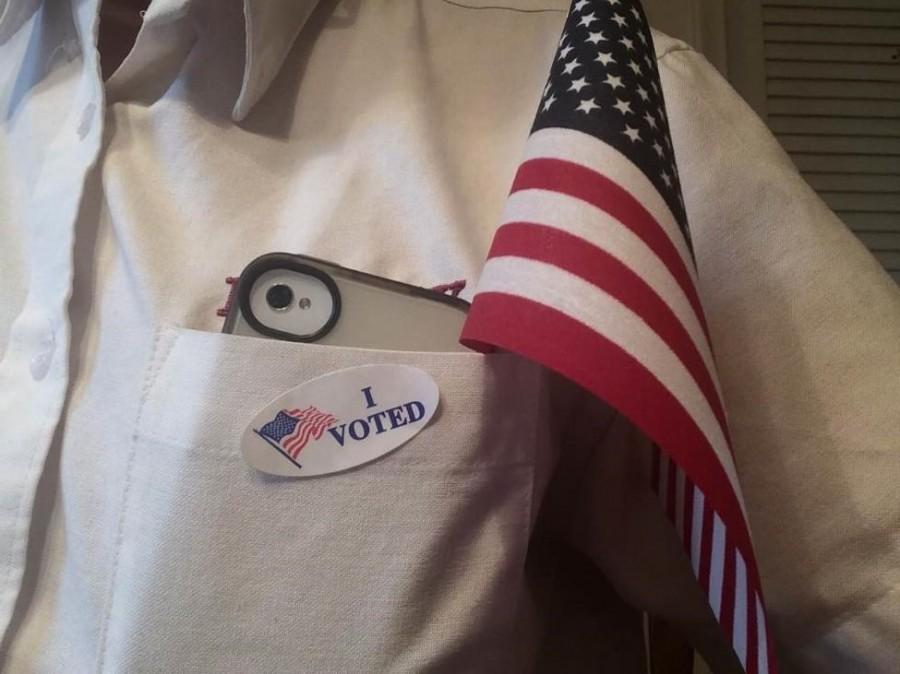The cost of a vote
Leading up to the November election, it was hard to turn on the television, open the mailbox, or even watch a YouTube video without being bombarded with large capitalized last names, campaign slogans, and oversized grinning faces superimposed over the American flag.
Americans are fortunate enough to have the right to vote. Unfortunately, that does not mean all citizens take advantage of that right.
According to Pew Research Center, only about 40% of eligible Americans vote in mid-term elections. Researchers are still trying to figure out why less voters turn out for midterm elections compared to presidential elections, in which a whopping 50% average of eligible Americans vote. Experts guess this is because of the the fanfare revolving around presidential elections.
It is incredibly disappointing to think that publicity has such a large affect on our democracy. The night of the Nov. 4 mid-term election, Michigan senatorial candidate Terri Lynn Land conceded her campaign to her opponent, now U.S. Senator Gary Peters. She told Fox News that a big reason she lost was because she was “outspent.” Whether this is true or not, it is alarming that a candidate can legitimately claim that a lack of money caused his or her loss.
Every election year, millions of dollars are spent on campaigning. Some of this spending is legitimate and necessary, but the way money affects the outcome of an election is not. It seems that candidates who spend the most money to get their names to the public often end up winning, whether or not they are the most qualified or even have integrity. According to InTheCapital, a digital media company, the candidate who spends the most money wins 91% of the time.
It appears Americans have a bad habit of voting for the loudest voice, rather than the most competent candidate. Instead of solely paying attention to the many advertisements and television interviews, voters should research all candidates. That includes the obscure independents and libertarians. Learning the voting records and history of candidates makes it harder for the American people to be manipulated by misleading advertisements. Though it takes some effort, reading up on candidates is well worth the satisfaction of voting for someone you think is well-qualified.
Americans frequently complain about Congress and their decisions (or lack thereof). If people are so upset about their government, they should take an active role in changing it. Instead of less than half of Americans picking from one or two candidates just because a names sound familiar, citizens should educate themselves on all options. If Congress reflects only what 40% of the country believes, it is no wonder the country as a whole is not satisfied.
Rather than tossing out those annoying ads, it may just be worth it to read up on the sender and his or her opponents in order to make an informed choice and exercise the right that many died for.

